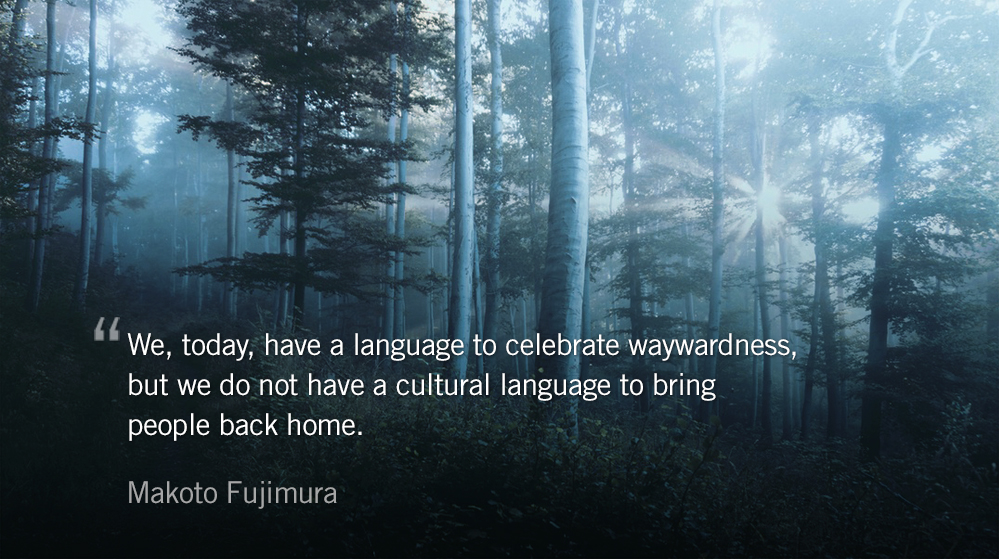“We, today, have a language to celebrate waywardness,” observes contemporary artist Makoto Fujimura, “but we do not have a cultural language to bring people back home.” This reality makes the prophetic words of Zephaniah stand out:
The Lord your God is in your midst, a mighty one who will save; he will rejoice over you with gladness; he will quiet you with his love; he will exult over you with loud singing.
The Hebrew language, despite having extraordinarily fewer words than modern languages like English, dedicates multiple words to the idea of love. The word the authors, poets and artists of the Hebrew Bible frequently use for God’s love is hesed, meaning God’s covenant, unfailing love.
Another word for love, often used to describe different types of love in human relationships, is ahab.
Jacob’s ahab for Rachel gives him the dedication to work 14 years for a chance at her hand in marriage. It’s ahab as a passionate, unrelenting love.
Jonathan’s ahab for his friend David leads him to remove his royal robe and place it over David’s shoulders—a symbol that David was now a rightful heir to the throne, as well as everything that belonged to Jonathan, the son of the king. It’s ahab as selfless, sacrificial love.
Zephaniah says God pursues his people in ahab.
God’s love for us is passionate and unrelenting—he pursued us even to death on a cross.
Through resurrection Christ has clothed us with the garments of salvation; he has covered us with the robe of righteousness. We are rightful heirs to the Kingdom of God, as well as everything that belongs to Jesus, the Son of the King.
Advent, as a season of reflection, tunes our hearts to depths of God’s love for us. As a season of anticipation, Advent focuses our hope to the day Christ will restore our disquieted souls, heal our deepest wounds, and rejoice over us as his beloved children.
Today’s Reading
2 Chronicles 8 (Listen – 3:02)
3 John (Listen – 1:51)






